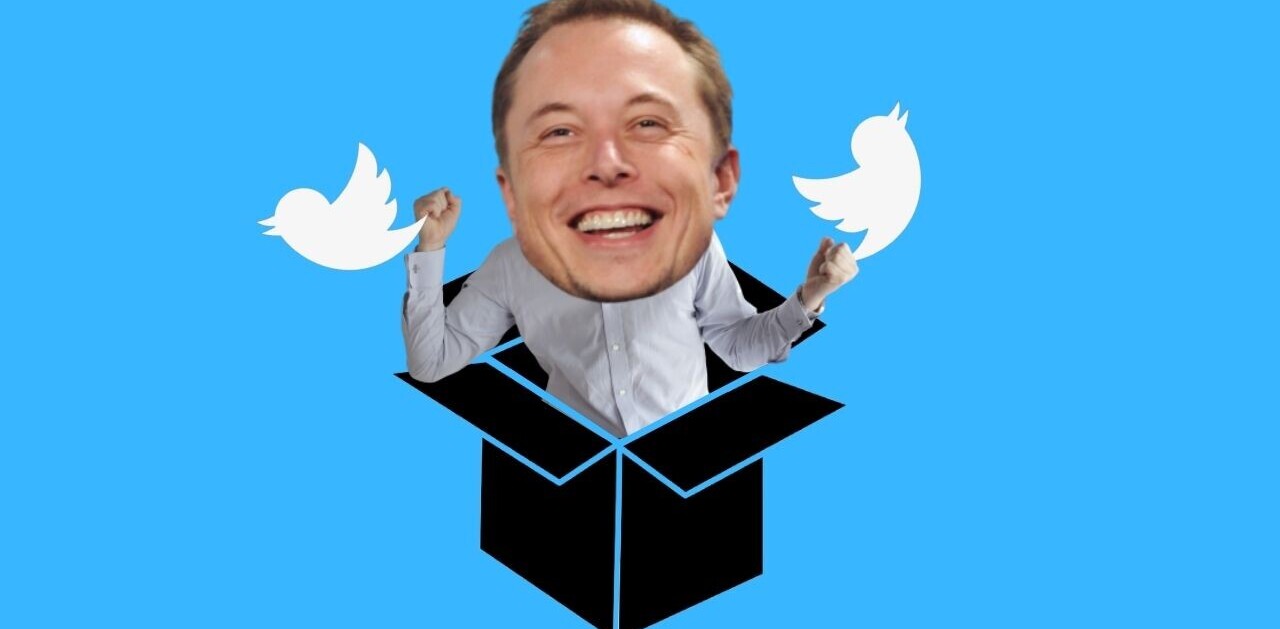
Twitter’s latest private market valuation of $9 billion, as pegged by a large investment from the BlackRock Group, turned heads. Is the valuation fair? And if so, what is the math behind the figure?
The Wall Street Journal’s Dennis Berman recently penned a column indicating that, yes, Twitter is in fact worth $10 billion, sort of. We took a look at Berman’s numbers, and found them lacking in substance, and that his conclusions appear to be based on air.
Given that, his opening assertion can be dismissed as fatuous:
I spent the last week trying to write a column that proved Twitter wasn’t worth $10 billion. Then the facts intervened.
There is little fact in Berman’s story, and much conjecture. We’ll proceed through the article one piece at a time, showing how his conclusions are based on early mistakes that render his overall argument baseless. To his credit, he gets off to a decent start.
Foundations
Let’s begin:
In recent weeks the seven-year-old company completed private transactions that pegged its value at $9 billion. Others have put the value above $10 billion. […] This is remarkable because Twitter has been in the money-making game for only three years, primarily selling “sponsored tweets” to advertisers whose come-ons pop up in the message streams of the service’s 200 million-plus active users.
The $9 billion figure: fact. The 200 million user mark: fact. Proceeding:
Advertising-data-firm eMarketer Inc. estimates 2014 revenue at $808 million, but people in the venture-capital community are already whispering that Twitter will break $1 billion by then. In fact, eMarketer will soon revise its figures upward though it won’t say by how much.
This we must take on some sort of faith. The $808 million and $1 billion figure are guesses for 2014. Given that they are projections, they form what can be called the meat of valuing Twitter; its current figures are secret, and its future numbers not yet earned. Berman continues:
Twitter isn’t worth $10 billion if you benchmark it to its current financials. But that hardly matters now.
This assertion is interesting, as Berman directly implied above that Twitter is worth $10 billion. But perhaps he meant it will be worth $10 billion at some point in the future, if you value it based on its numbers. Recall that he claimed before that “the facts intervened,” indicating figures. The revenue figures, we presume. Thus Berman appears to be contradicting himself already, but I’ll grant him a catchy lede, one writer to another.
Now let’s crash into the railing.
Mistakes
Berman tries to get a handle on how Twitter will be able to monetize on a per user, per year basis, calculating its ARPU per annum:
Today, with a relatively immature set of products, Twitter is collecting an estimated $4 for each of its 200 million-plus monthly active users.
This assertion is not explained, leaving us to parse it. The obvious connection is that Twitter’s 2014 revenue is above pegged at $808 million, and its current userbase is around 200 million. Divide 800 by 200, and you get, well, four. This is broken analysis, as Berman appears to be comparing future revenue, with an already dated user number. This inflates the potential per-user revenue rate, as future revenues will exceed current revenues, and thus to compare December’s 2012 usage levels to 2014’s total year top line is at best a painful mistake, and at worst a deliberate falsity.
Perhaps Berman has the $4 per user per year figure from a different source? If that is the case, Twitter would have had a revenue run rate of $800 million in December of last year, and not for the full year of 2014. Thus, either he screwed up, or essentially reported other statistics that directly contradict his point.
Let’s keep going.
Ad budgets are moving increasingly to social outlets—a secular shift that should easily push this number higher. Being conservative, let’s peg that number at $7 per user by 2015, below the rate analysts expect Facebook’s revenue to grow.
He’s correct that social ad spends are increasing. Twitter is currently raising prices, indicative of the trend. However, the $7 per user per year figure is, apparently, based on an extrapolation of the $4 figure that we have already shown to be baseless. Thus, his point about the number being arrived at by employing a growth rate under Facebook’s is inconsequential.
Let’s keep going.
Still, in the last nine months of 2012, Twitter users grew by more than 40%. Maintain a pace of more than 33% growth for three years and that member number expands to about 500 million.
The math here actually leads to a figure of 470 million, but let’s allow him the overzealous rounding up, just to be sports.
Given that Twitter managed but 40% user growth in 2012, to assume that in 2015 it will put 33% growth on the board feels like exceptionally bold thinking. I might tell my investors that, if I was Twitter, but I doubt that they believe it themselves. Berman does, for whatever that is worth.
Let’s keep going.
The math in the example above suggests $3.5 billion a year of revenue, about where Google was in 2004. And the magic hasn’t kicked in yet.
This is simple arithmetic: 500 million active users, and $7 per user per year leads to total revenue in 2015 of $3.5 billion. The actual figure that is generated by his analysis is $3.29 billion, if you un-round his 500 million figure, but we can set that aside.
Let’s keep going.
Twitter won’t divulge figures, but people in the venture community, including some Twitter backers, say its margins are as high as 30% to 40%.
For simplicity’s sake, let’s reduce Twitter’s net margins to Google’s, which are a gusher-like 21%.
Twitter’s margins appear strong. 40% sounds a bit ridiculous, so let’s accept Berman’s 21% figure just for fun.
Value all those earnings at Google’s 17-times-trading multiple, and, voila, Twitter has a value of $12.5 billion. And you needn’t tweak conditions much to get a higher number.
Woah now, what just happened, you might ask. Essentially, he ran the 21% margin rate against the imagined $3.5 billion in revenue, and then multiplied it along Google’s Price/Earnings ratio: $12.495 billion.
[Why in some cases we are employing Facebook statistics as guiding light, and other times Google’s metrics is beyond me.]
However, as we have demonstrated that the $3.5 billion revenue figure is based on a staggering number of weak assumptions and faulty analysis, the $12.495 billion figure is nothing more than the result of enthusiastic mathmagical skulduggery.
But take note of the following: by massaging the numbers as hard as possible, breaking the rules of commons sense along the way, and we can barely squeak past the $10 billion figure in 2015. Let’s return an earlier Berman:
Twitter isn’t worth $10 billion if you benchmark it to its current financials.
And Berman, tell that Berman guy why, because he just published this:
I spent the last week trying to write a column that proved Twitter wasn’t worth $10 billion. Then the facts intervened.
I’m sure it was a week well spent.
Top Image Credit: Shawn Campbell
Get the TNW newsletter
Get the most important tech news in your inbox each week.




